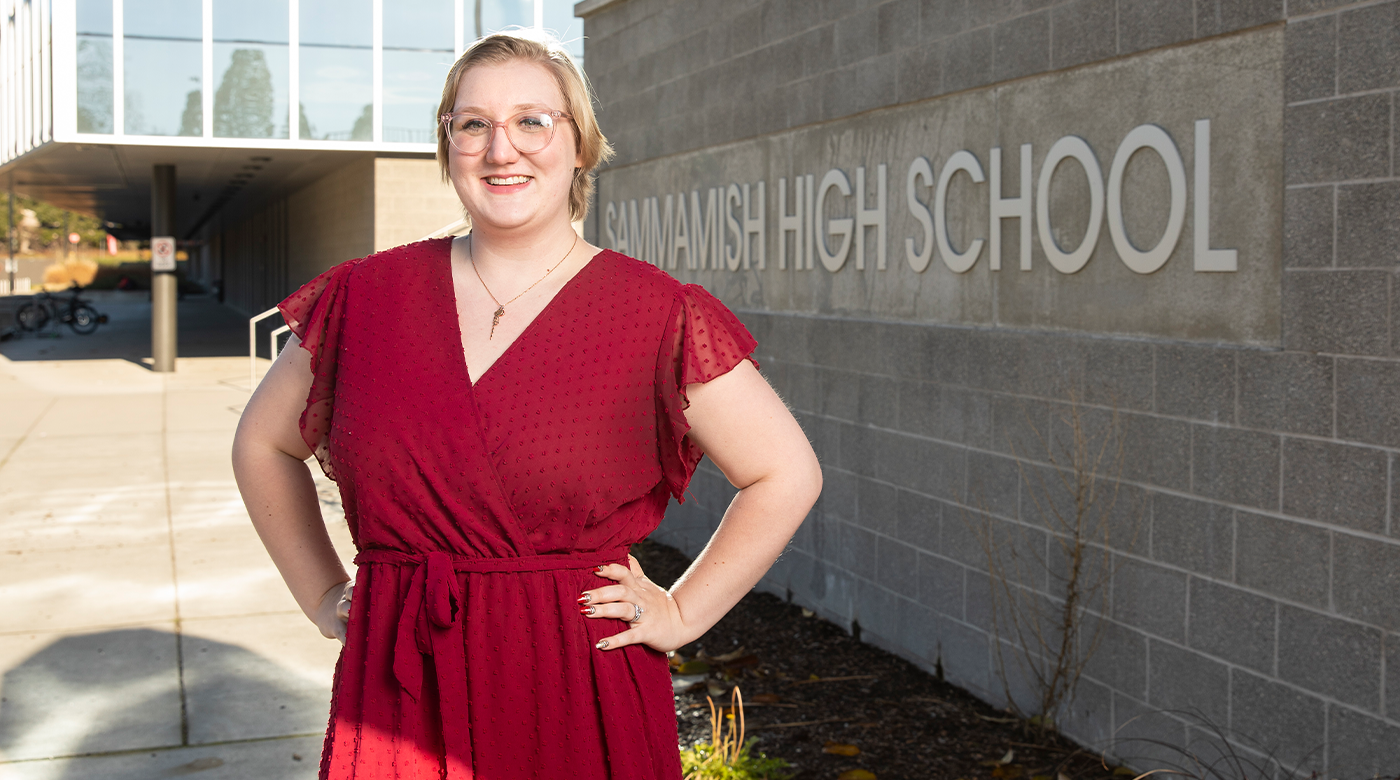Studying biology teaches you how to think and how to observe your world.
To learn biology is more than just learning facts! It’s learning how to answer questions, how to develop strategies to obtain answers and how to recognize the answers as they emerge. The department is dedicated to encouraging students to learn science in both an intuitive and logical way.
It encourages students to independently question, probe, experiment and experience the natural world around us as well as life under a microscope.
The curriculum is organized to provide students with a sound introduction to the major concepts of biology and to foster an appreciation for the diversity and complexity of life. Requirements for students majoring in biology have been designed for both breadth and depth of training.
Class sizes are small and almost every course has weekly laboratories, taught by faculty members, where students learn to become biologists by making observations, asking questions, and designing and testing hypotheses. Our students read and evaluate primary research articles, write laboratory reports, and are given opportunities to make oral presentations.
The curriculum prepares students to pursue careers in research and the health sciences or to apply their biology interests to careers as diverse as science education and public health. Moreover, our undergraduates have an excellent record of acceptance into medical, dental and allied health professional schools. Faculty members are committed to helping students investigate career opportunities and pursue careers which most clearly match their interests and abilities.
Biology at PLU operates within the Rieke Science Center, which also houses the Departments of Chemistry, Earth Science and Physics. Thirteen teachers-scholars make up the biology faculty. All are full-time and all have a doctorate. Their research ranges from the responses of the host to bacterial infections and physiological processes and signaling pathways in the plant, to the evolutionary biology of North American catfishes and song divergence in North American Red Crossbills. Hands-on laboratory experience is central to any biology curriculum, and we invite students to use departmental facilities for independent study and work with faculty members in ongoing research.




Social Media